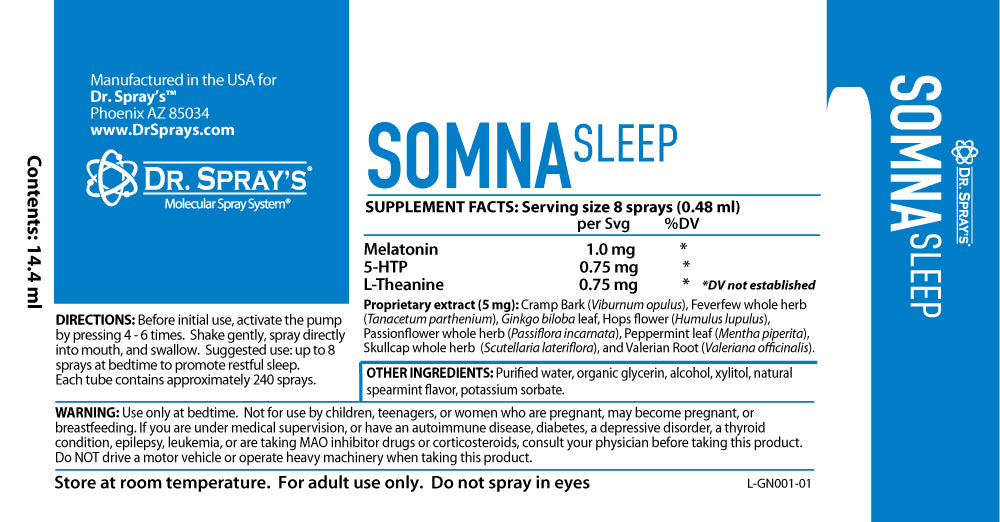Did you know? Low vitamin D levels cause mood swings, fatigue, and physical weakness. Vitamin D deficiency can also lead to weak bones and osteoporosis in adults over time.
If you don’t want these things to happen to you, you must make sure that you get the right dose of vitamin D every day.
In this post, we will talk about the benefits of vitamin D3.
Top 5 Vitamin D3 Benefits
Here are the most common vitamin D3 benefits:
-
Improves Mood
Depression and in a few cases, mood swings, can be linked to low vitamin D levels.
According to research, increasing vitamin D levels can aid with depressive symptoms. Hence, vitamin D3 could play a function in the treatment of depression.
In addition, vitamin D benefits from less sunlight exposure in the winter, as well as the darker months. According to research, low levels of vitamin D3 (connected to insufficient sunlight exposure) are linked to Seasonal Affective Disorder (SAD) symptoms.
SAD is a mood disorder with sadness as the major symptom. Vitamin D3 levels have been related to reduced amounts of serotonin in the brain, a neurotransmitter that affects emotions. Hence, taking a vitamin D3 supplement or increasing sun exposure may help boost your mood.
-
Enhances Bones
Popular belief couldn’t be more right: Vitamin D helps your bones by collaborating with calcium. Your body cannot get calcium from meals if you are deficient in vitamin D. As a result, it steals it from your bones. This leads to weaker bones, fractures, and osteoporosis.
Increasing your intake of vitamin D3 through diet can help you achieve optimal bone density― the greatest amount of bone tissue one can have as an adult.
The higher your bone density, the less likely you get bone-weakening disorders like osteoporosis.
-
Improves Immunity
One of vitamin D's most significant jobs is to maintain and improve the immune system.
In particular, it boosts T-cell production and aids in the correct response to viral infections. These include the common cold, influenza, and other community-wide disorders caused by viruses, bacteria, and fungus.
-
Helps With Brain Function
Vitamin D has been related to a number of biological activities, including the function of the brain. Vitamin D receptors can also be found throughout the brain and spinal cord.
Hence, vitamin D benefits you by activating and inhibiting neurotransmitter synthesis as well as supporting nerve growth and repair.
It is believed that vitamin D aids the brain by reducing inflammation and maintaining neurons. Vitamin D has also been demonstrated in animal experiments to preserve neurons, which may explain why it enhances alertness and quick reaction time.
-
Lowers the Risk of Type 2 Diabetes
If you have a family history of diabetes or have been diagnosed with pre-diabetes, you should consider taking additional vitamin D. Recent research has linked vitamin D insufficiency, insulin resistance, and type 2 diabetes with each other. By overcoming insulin resistance, you may be able to prevent the development of type 2 diabetes.
In particular, the pancreatic insulin-producing cells contain alpha-hydroxylase enzymes and VDRs, which are critical in determining glucose tolerance and insulin resistance. Vitamin D deficiency can also diminish pancreatic insulin production, which can lead to insulin resistance and alter how the body responds to glucose.
Conclusion
Vitamin D3 can boost your mood, immunity, bones, and brain health. It can also help reduce the risk of type 3 diabetes.
Looking for vitamin D3 that lets you enjoy the benefits above? Dr. Sprays offer a vitamin D3 spray that has higher bioavailability, which lets your body absorb the substance easily. This also means that you get to get the most out of it.
Ready to take your health and wellness to the next level? Order your vitamin D3 spray now!










